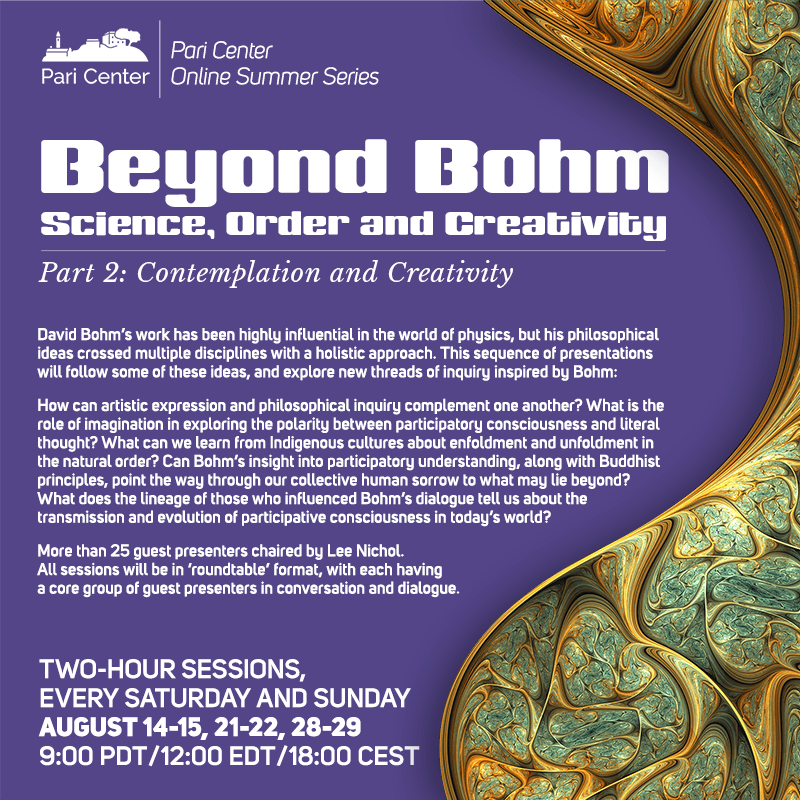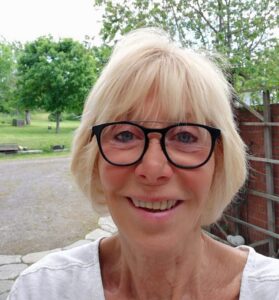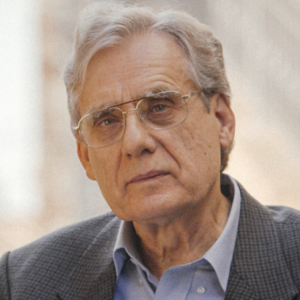Your cart is currently empty!

Changing Consciousness
- This event has passed.
August 22, 2021 @ 6:00 pm – 8:00 pm CEST

Buy the recording

Changing Consciousness with Sandra Fiegehen, David Schrum and Stephen Smith
Changing Consciousness
with Sandra Fiegehen, David Schrum and Stephen Smith
Sunday August 22, 2021
9:00 PDT | 12:00 EDT | 17:00 BST | 18:00 CEST
2-hour session
If you are unable to attend the live session, the recording will be available.
Human consciousness is a shared space. As individuals, we are born into an inherited socio-cultural matrix from which almost all of what we think and do derives. As Bohm points out, thought is a material process which pervades and dominates us.
We need to realise that we are participants. We must make a basic shift: from literal thought to participatory thought, a process in which we partake of consciousness. This can then become a kind of “food” which, in our times, we so desperately need.
Dialogue provides the opportunity for listening and sharing, out of which a sense of communion may arise, operating to nourish our spirit and open us to luminous intelligence. Thought may then find its proper, natural place; it is a guest in our house, not a usurper.
– Stephen Smith
Although we most often experience ourselves as separate islands of consciousness operating independently of that which surrounds us, our sense of separateness is constructed and illusory.
This separate self sense is a mere representation of the dynamic and unfolding process of conscious experience, a kind of alienated existence characterized by various degrees of narcissistic wounding acquired throughout the course of our development. We each play out these wounded, ‘separate’ selves in ways that create more suffering, both for ourselves and for others.
How can we find our way to realizing and embodying our common consciousness authentically and creatively? I will briefly explore some key Buddhist principles and how to bring them into practice in daily life.
– Sandra Fiegehen
To understand our lives and to live intelligently, creatively, and compassionately, David Bohm indicates, we must meet those dimensions of mind which for us are hidden. Beyond the surface of our consciousness, as personal memories, attitudes, and dispositions, we come upon that which is subtle: both as a flow of great momentum that is vast and ancient, and as a spacious field which is always new. These depths are common to us all, but we tend to be unaware. How are we to awaken?
Bohm offers us what he terms ‘participatory understanding’. This understanding is not ‘conceptual understanding’, which seeks to have understood and to lodge an understanding in memory. Rather, it is a living movement. It is embodiment; it is presence.
Our journey together is an invitation to explore this deeper inner world.
– David Schrum
To see the Full Beyond Bohm Series

Dr. Sandra Fiegehen is a retired Psychologist presently obsessed with growing raspberries. She has practiced and taught Chan (Zen) meditation for the last 15 years. Throughout her life, she has pursued a variety of psycho-spiritual approaches to the question of who and what she is – and is pleased to report that her investigations have resulted in near-absolute uncertainty.

David Schrum received his PhD in quantum theory at Queen’s University, following which he spent two post-doctoral years with David Bohm at Birkbeck College. Here, he entered Bohm’s world of creative and subtle philosophical approaches to physics and his enquiry into consciousness and what may lie beyond.
David Schrum continues in these explorations, in physics developing a new approach to relativistic quantum theory and, through the dialogue process, going into what it is to bring to light that which lies enfolded within our individual and collective consciousness.

Stephen Smith has been Acting Principal, Academic Director, and for twenty years a teacher at Brockwood Park School in England, where he met Krishnamurti and knew David Bohm personally. His interest in dialogue took a decisive turn when he moved to California in 1994 and began to facilitate dialogue groups. He sees dialogue as a means of mirroring the psyche so that we can move from being thought-bound individuals, embrace the collective, and awaken intelligence.
